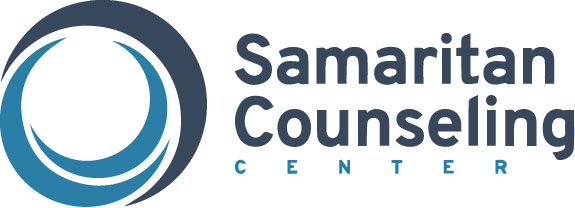This is the question posed by the legendary rock group the Who in 1978 with these lyrics:
“Well, who are you? (Who are you? Who, who, who, who?)
I really wanna know (who are you? Who, who, who, who?)
Tell me, who are you? (Who are you? Who, who, who, who?)
‘Cause I really wanna know (who are you? Who, who, who, who?)”
So in the words of the legendary old rock band: Who are you?
Identity is one of the most important issues of life. It impacts both how we see ourselves and how we function in relationships. The late psychoanalyst Eric Erikson suggests that this is the central question and developmental task of adolescence: is there a clear identity that forms or does the absence of clear identity result in identity diffusion and the absence of a clearly defined self? This question, of course, continues throughout life. What is our identity and how does it hold up when challenged? Do we give into the pressures of society, the workplace (or even family) and shift who we are, or is our identity clear no matter where we are or who we are with?
Understanding who we are is both essential and complicated. As Socrates said, the unexamined life is not worth living. As Freud reminded us, though, and as great novelists like Dostoyevsky illustrate, we often have deep splits in the self that we do not understand. Our motivations and relationship patterns are sometimes quite complicated. Then, of course, social media also makes it too easy to create a false shallow self.
Self definition is complicated. It is easy to define myself as a husband, father, grandfather, therapist, aging athlete… but, that says very little about who I really am.
How do we understand ourselves more deeply? This is obviously a complicated process, and of course good therapy can be helpful. Perhaps two steps to begin this work might help:
- First, understand yourself in the context of the family you grew up in. All of us were deeply imprinted by our families, and were often assigned a role or identity. For example, some of us became the overfunctioning member, others the scapegoat, while others were peacemakers, etc. These roles stay with us throughout life. If you were the overfunctioner in your family, you probably still overfunction. If you were expected to be highly successful, you probably tried to live into it. If you were told negative things about yourself, you probably still struggle. We can begin, then, to understand identity from the context of our family of origin.
- Second – coming out of our families, we formed a map for how we see ourselves and the world, which dictate how we navigate relationships. These maps, frequently out of our conscious awareness, have great power. For example, those who experienced significant deprivation may have a “map” that dramatically limits expectation as a way of not being disappointed. Others who received little mirroring growing up, may have a sense of shame, which can keep them shut down in relationships. Those who needed to overfunction may have learned to not trust people and often need to be in control.
To begin trying to answer the question “who are you?”, first tackle understanding the impact of your family on how your identity was formed. Then, go further by beginning to think about the map and its impact on how you view yourself and those around you.
In the end, stay curious: under the roles we have played, and the scripts we have lived, there exists much more to discover as Alice Miller described in The Drama of the Gifted Child. In part 2, we will explore how to discover parts of the self that frequently go underground and need further development… stay tuned!
